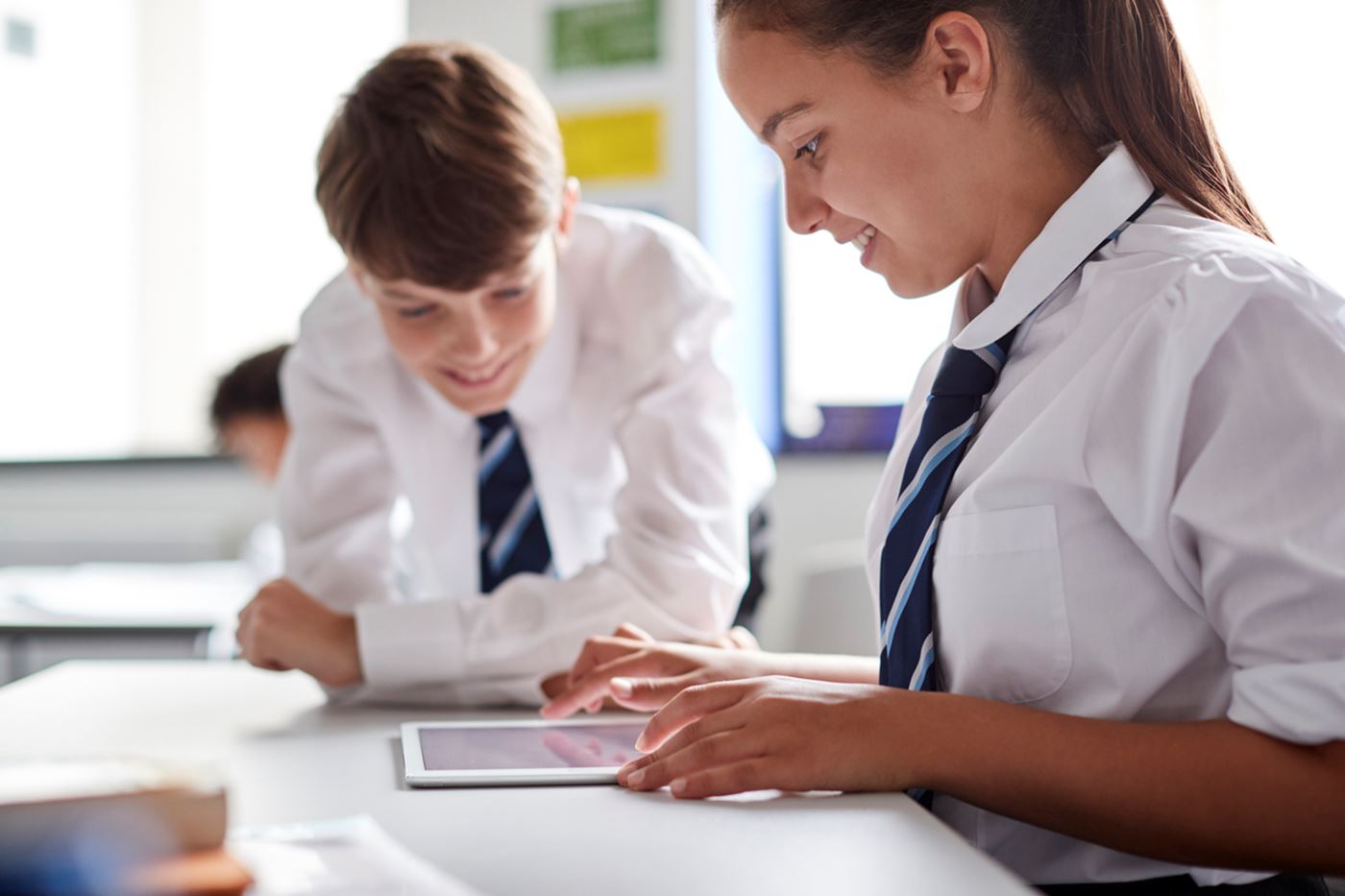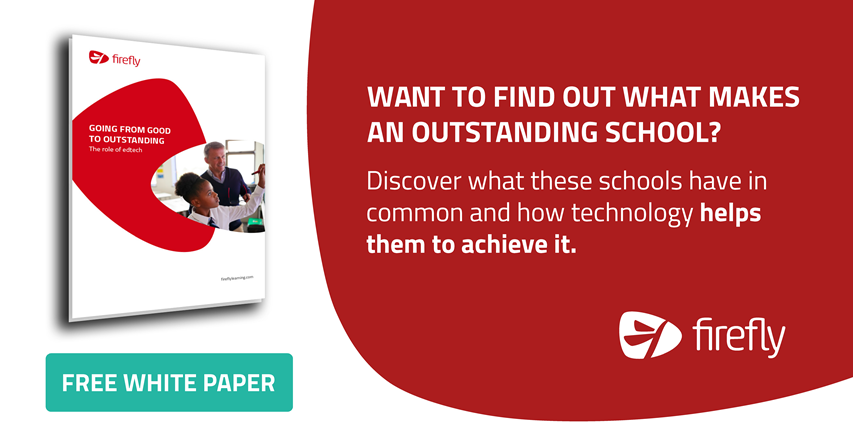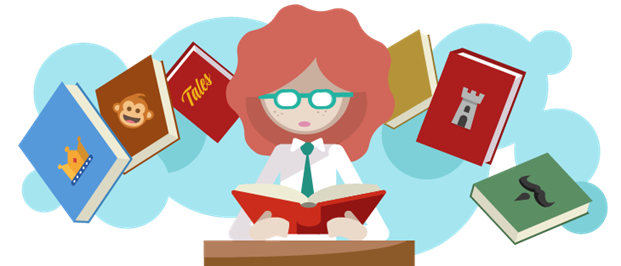Students are inundated with information. Every day from the moment they wake up to the moment they fall back to sleep children are surrounded by sensory and informational stimulates. It’s safe to say that never in history have human beings been given access to so much information at once, and our students are growing up in the midst of that avalanche of knowledge.
Consequently, the roles of schools have changed. It is no longer our job to drop information into our students’ heads and hope it sticks. Instead, our job is to make sure students know how to navigate this sea of knowledge, to select what is beneficial, to identify what is reliable, and to use this knowledge for the betterment of themselves and those around them.
This new task is as equally difficult as it is crucial. Unlike our historical educational methods, the solution is not to provide more knowledge for them to devour. We must coach our students to deal with the information they already have at their fingertips, providing them with opportunities to not only learn this information but to manipulate it and use it in the real world. To do this successfully, we must build not passive consumers of data, but proactive, well-rounded, global and healthy citizens.
It is for this reason that the third component of the Ofsted framework is Personal Development - to what extent are students become well-rounded citizens, who have the opportunities to explore beyond the academic, vocational or technical.
The role of technology in developing the 21st-century student is evident: in order to be conscious and active citizens in a technological era, students must be trained to manipulate and use technology. The role of technology, however, does not end there. There are several tools and techniques that can be used to leverage technology to support our students to build character, move beyond the academic and become active citizens.
Building Character
How can we ensure that our children develop a growth mindset? Ensure their mental and physical wellbeing?
Gamification is the method of bringing game-like elements into non-gaming environments, in this case, learning. Gamification can build a child’s self-efficacy by changing the way the student views their own learning, from an evaluation of their long term worth to a fun reflection of their effort and achievement thus far. There are countless examples of this being used in the classroom, from badge systems to transforming classrooms into gameshows using Quizlet.
Tools that encourage students to take ownership of their learning also helps to build character. In Firefly students often develop their own task lists when working on collaboration projects such as a hackathon. It is an excellent way to help them keep track of their tasks, develop a sense of responsibility as well as develop organisational skills.
Technology can also facilitate easier communication between teachers to take individualized and confidential care of students. When students require individualised care, even beyond basic academic support, teachers can create confidential pages within Firefly which are shared with specific staff members so that there is a private space for interaction. This allows teachers to tackle more sensitive challenges, such as mental health concerns, in a confidential and direct manner.
Going beyond the academic
Giving students the ability to explore their talents beyond the textbook is crucial for a well-rounded education, and is something Ofsted inspectors look closely for. Technology provides ample opportunities for students who wish to discover new areas and develop new talents. In a previous blog, we mentioned tools like MASSOLIT and Planet eStream, that are able to expand the student’s horizons and give them the opportunity to explore new things.
Similarly, technology can also provide logistical and pedagogical support for non-tech based activities, such as school trips. They can help reach parents for permission, such as through Firefly’s parent portals, or can help students solidify their learning from the trip, through the use of pictures and video to create learning artefacts.
Citizenship
Last but not least, technology can make sure your students are exposed to the world beyond the classroom. Building a sense of citizenship within students happens when they see how their learning can impact the world around them. Developing blog posts, engaging with the online community, and video conferencing on-the-ground practitioners are all simple yet effective ways technology can support students to see how their classroom learning interacts with the outside world.
There are countless tools to help you develop more well-rounded students, but these can be more impactful when they work together seamlessly. Firefly provides schools with a modern learning experience that makes all their tech tools speak to each other and work together to impact student learning. Check out what Firefly Essentials, can do to help here.


